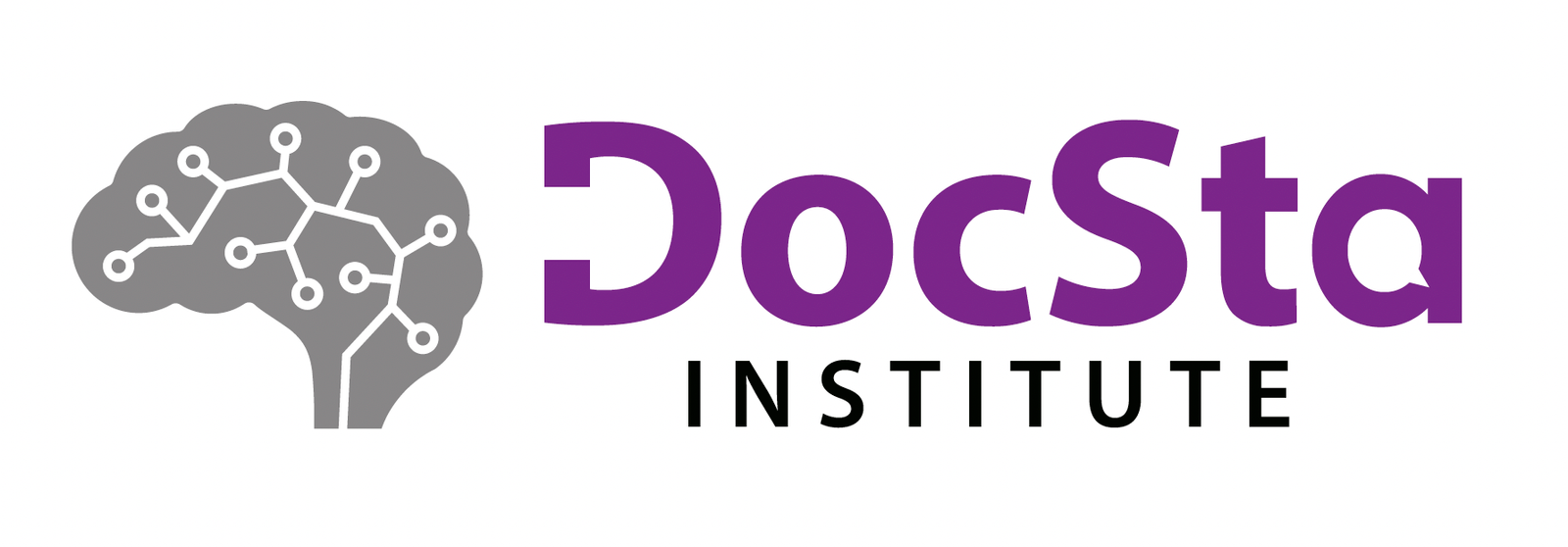Cyber Security

Here are some ways in which Mediglobo can work to enhance cybersecurity for healthcare businesses:
1. Comprehensive Risk Assessment: Mediglobo can start by conducting a thorough risk assessment to identify vulnerabilities, potential threats, and compliance gaps within the healthcare organization’s IT infrastructure and processes.
2. Compliance with Healthcare Regulations: Ensure that the healthcare business is fully compliant with industry-specific regulations, such as HIPAA (Health Insurance Portability and Accountability Act) in the United States. This includes conducting regular compliance audits and assessments.
3. Security Awareness Training: Offer cybersecurity training programs for healthcare employees to educate them about the latest threats, social engineering tactics, and best practices for maintaining security in their day-to-day activities.
4. Access Control Management: Implement and manage access control measures, including role-based access control (RBAC) and strong authentication methods like multi-factor authentication (MFA) to ensure that only authorized personnel have access to patient data and critical systems.
5. Encryption: Promote the use of encryption for sensitive data both in transit and at rest, helping to safeguard patient information from unauthorized access.
6. Endpoint Security: Provide and manage endpoint security solutions to protect all devices within the healthcare organization, including computers, mobile devices, and medical equipment.
7. Network Security: Strengthen network security by implementing firewalls, intrusion detection systems (IDS), intrusion prevention systems (IPS), and regular security patching to defend against cyber threats.
8. Incident Response Planning: Develop and regularly test an incident response plan to ensure the healthcare organization is well-prepared to respond to cybersecurity incidents effectively and minimize their impact.

PARTNERSHIPS






